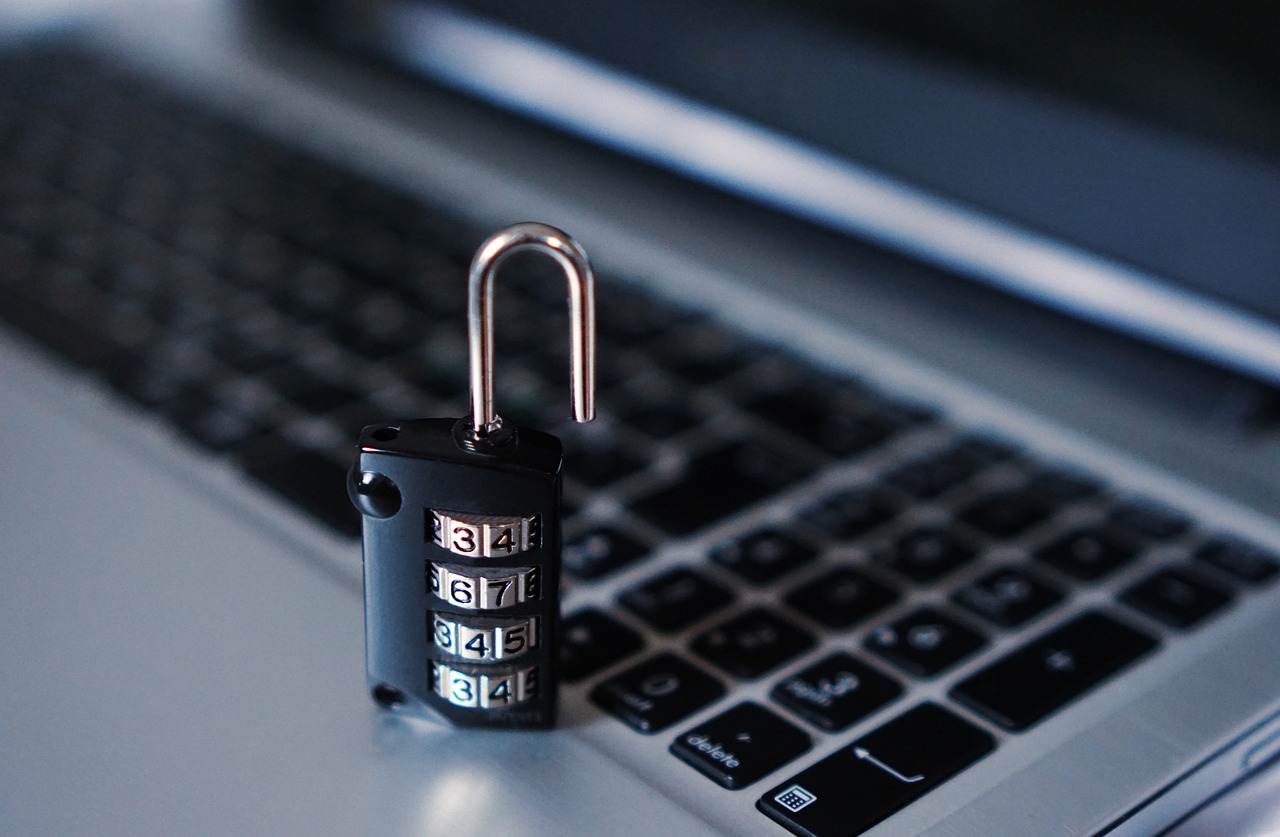The advent of the digital era has led to an increase in the frequency of data breaches in the healthcare industry, which puts confidential patient information at danger. As decision makers in the healthcare industry, it is vital that you have a thorough understanding of the risks and take preventative actions to stop data breaches from happening in the first place. In this article, we are going to talk about the significance of data security in the healthcare industry, the factors that lead to data breaches, and the steps that healthcare companies may take to protect themselves from these breaches.
The Critical Role That Data Protection Plays in the Healthcare Industry
The medical records, personal identification numbers, and financial information that are kept by healthcare companies are among the most sensitive of all personal data. It is possible for the theft or loss of sensitive information to not only cause injury to patients, but also to result in considerable financial losses, damage to reputation, and legal repercussions. In addition, businesses that provide medical treatment are subject to stringent laws, such as the Health Insurance Portability and Accountability Act (HIPAA), which establishes guidelines for the protection of patients’ right to privacy and the safety of their medical records.
You might also like to read: 7 Technological Advancements Within the Medical Field You Should Know About
The Roots of Data Loss in the Healthcare Industry
Hacking, staff incompetence, and the loss of physical equipment are all potential causes of data breaches in the healthcare industry. Cyberattacks, which may manifest themselves in a variety of forms including malware, phishing schemes, and illegal access to networks, are by far the most prevalent reason for data breaches. Employee irresponsibility may also be a key source of data breaches. This can occur when workers communicate sensitive information to unauthorized parties, leave insecure devices containing patient information unattended, or leave unsecured devices holding patient information unsupervised. Theft of physical devices, like as laptops, cellphones, and hard drives, may also result in data breaches if the devices are not encrypted or protected correctly. This can be a problem when the devices are lost or stolen.
Protecting Patients’ Personal Information While Providing Healthcare
In order to avoid data breaches and secure patient information, healthcare institutions may adopt a number of preventative measures. The implementation of stringent security measures, including as firewalls, encryption, and multi-factor authentication, is one of the most critical tasks that must be taken. It is also important to educate employees about the importance of data security and the dangers of cyberattacks, and to provide them with the tools and training they need to identify and respond to potential threats. Educating employees about the importance of data security and the dangers of cyberattacks is also important.
You might also like to read: Business Associate Agreement – When and Why Would You Need One?
The data security procedures of the firm should also be evaluated and kept up to date on a regular basis, which is another essential step. This involves doing routine security audits, keeping an eye on activity logs, and keeping both the hardware and software used for security up to date. Establishing sound rules and processes for the management of data is also very essential. These should include standards for data access and use, as well as methods for handling any security problems that may arise.
Last but not least, healthcare companies have the option of using the services of independent security consultants. These consultants are able to provide healthcare businesses extra help and knowledge in the fields of security assessment, incident response, and recovery. These specialists are able to assist healthcare firms in staying abreast of the most recent threats and give recommendations on the most effective strategies for avoiding data breaches and reacting to them when they occur.
Conclusion
Breach of patient privacy in the healthcare industry may have severe repercussions, not just for patients but also for the institutions that support them. The decision-makers in the healthcare industry need to be aware of the dangers and take preventative actions if they want to stop data breaches from happening in the first place. Healthcare businesses may secure the information of their patients and guarantee that they are in compliance with legislation if they put in place stringent security measures, educate their personnel, and seek the advice of third-party specialists. When healthcare firms follow these procedures, they may help avoid data breaches and earn the confidence of their patients, customers, and other stakeholders in the healthcare industry.
You might also like to read: Why Is HIPAA Compliance Important For Healthcare Providers: Top 5 Reasons

One thought on “Preventing Data Breaches in Healthcare: Protecting Patient Information and Ensuring Compliance”